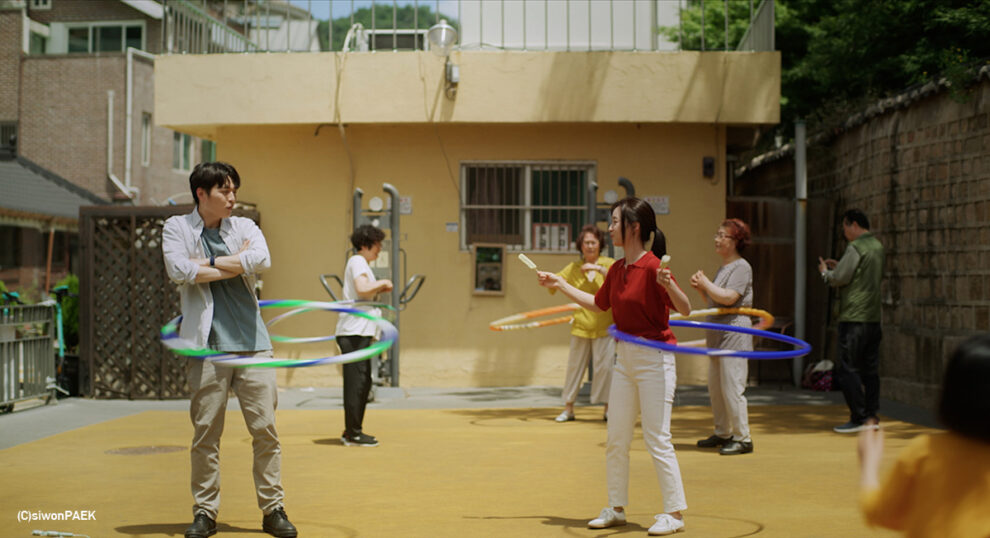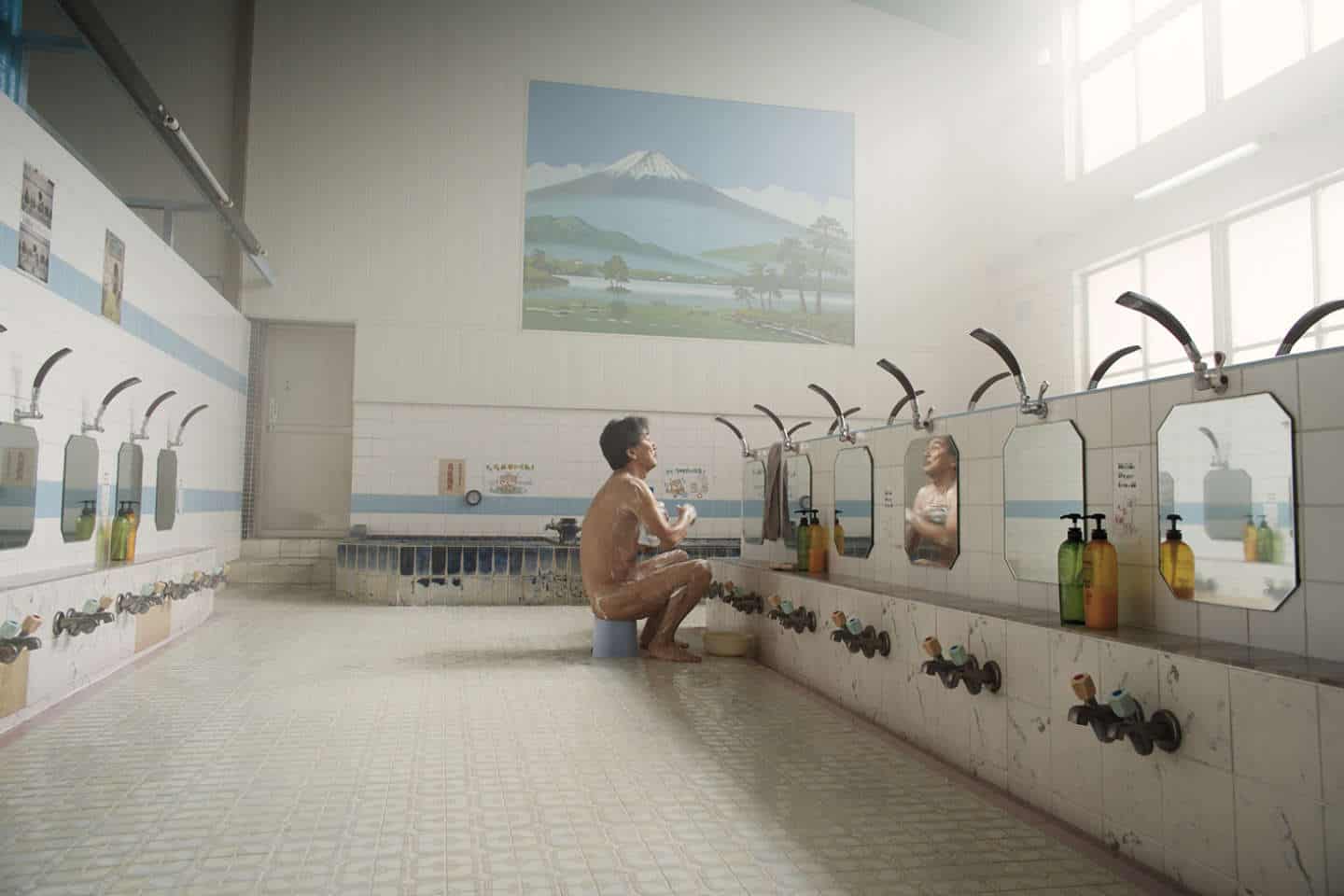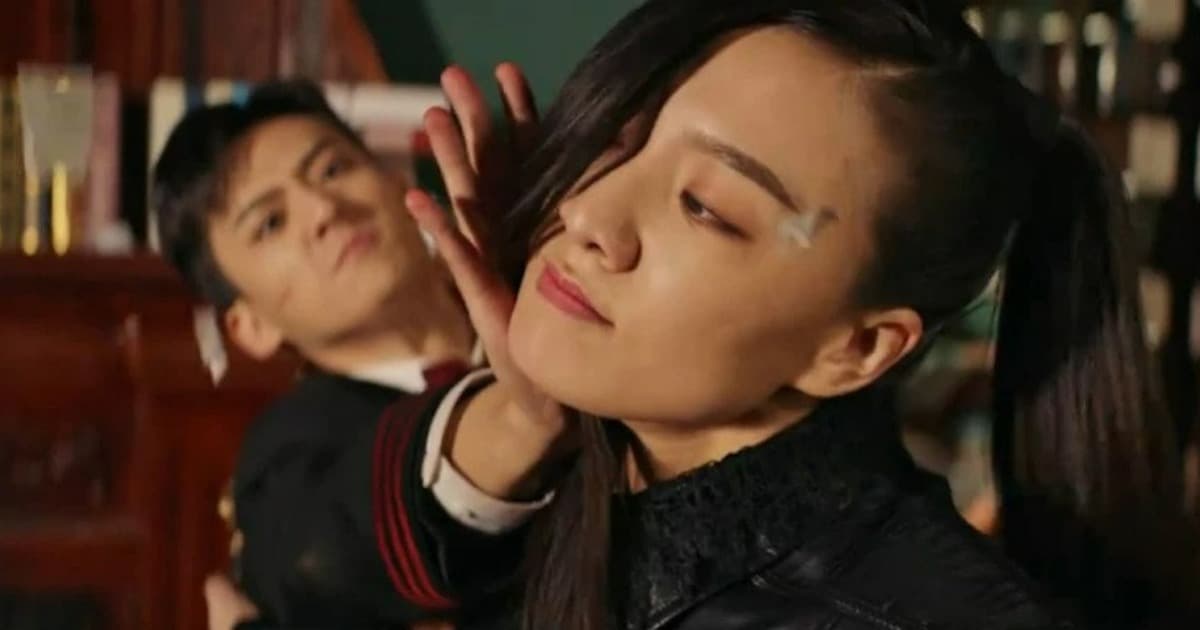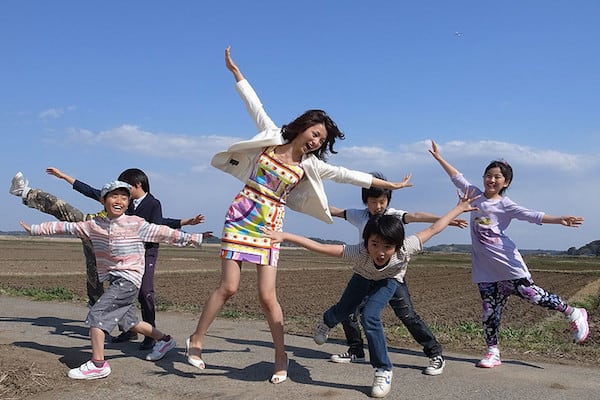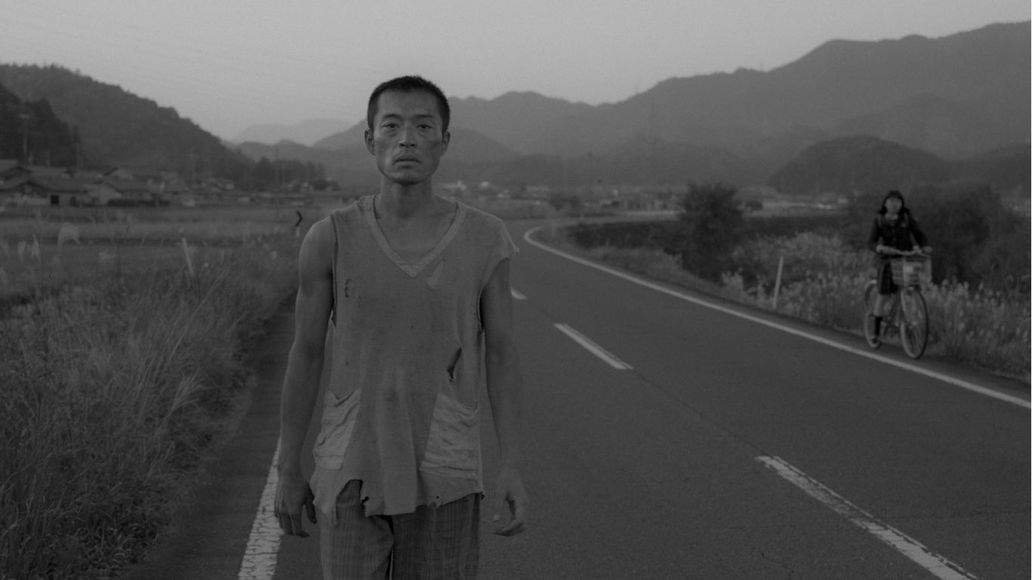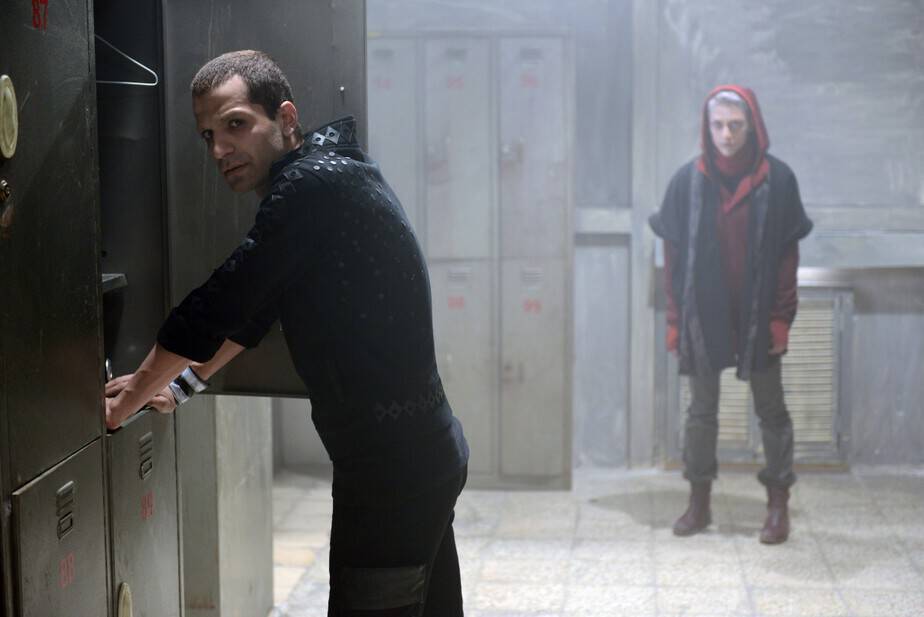While the number of short films released has increased significantly during the last few years, also due to the consequences of the pandemic, it is very rare that we find romantic movies among them. Paek Si-won tries to mend this with her 34-min “Layers of Summer”.
Layers of Summer screened at Osaka Asian Film Festival

One summer day, Yeon and Kang are reunited inside a cafe, and decide to take a stroll during one rather hot afternoon. Gradually, it is revealed that they were former lovers who broke up, as they reminisce of three different summers they shared over the last ten years.
Essentially unfolding as a road movie, both in space and time, “Layers of Summer” poses some questions regarding the meeting of the right person at the wrong time, if life can repeatedly give second chances to love, and more generally, how much the past can shape the future. The approach Paek Si-won implements to present her questions is quite amusing, with Kang's immaturity and the subsequent frustration of Yeon creating a rather appealing antithesis, throughout the different time frames here.
This overall atmosphere is accentuated by smaller moments, some subtle, such as Yeon's disappointment when she learns that Kang is in a relationship now, some more direct, as her tears close to the end, that also add to the entertainment the movie offers. This aspect benefits the most from the acting, with Lee No-ah's “mature” and frustrated demeanor coming into a very appealing antithesis with Kim Woo-kyum's laidback occasionally pedantic one as Kang, even more so as the roles are somewhat reversed in the different arcs.
Furthermore, the different time frames, although a bit confusing in the way they are presented, add to the movie as they prevent it from being just a stroll throughout the area filled with dialogue. At the same time, though, the answers Paek gives to the aforementioned questions are not exactly clear, in an element that definitely detracts from the impact of the short. Lastly, the extensive use of music as a means of dictating the emotions of the protagonists (and in that fashion, of the viewer) becomes annoying after a point.
Where the movie truly thrives is Sim Suk-woo's cinematography, with his long shots in particular capturing the idyllic, as much as virtually devoid of people setting, in the best fashion, in another factor that adds to the entertainment the movie offers.
“Layers of Summer” has its faults, but as a sum of its elements the outcome is definitely on the positive side, with the visuals, the acting, and the overall presentation of the story making it quite easy to watch.


